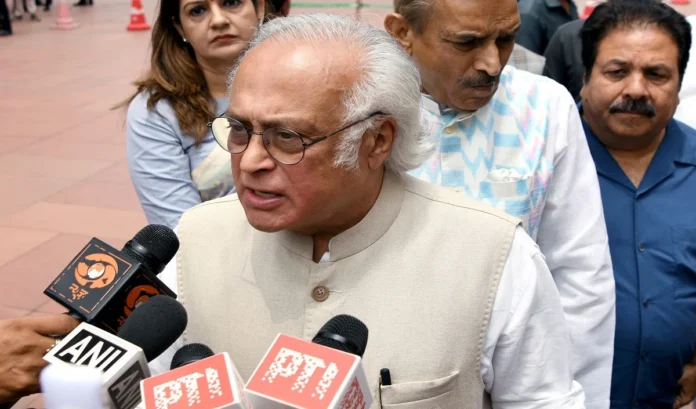New Delhi. Congress said the focus should be on reducing the time and cost of migrant workers sending money from one state to another to their families. Congress General Secretary Jairam Ramesh said this while welcoming the statement of Reserve Bank of India (RBI) Governor Shaktikanta Das regarding reducing the time and cost of sending money from abroad. Ramesh said, “RBI Governor Shaktikanta Das has rightly emphasized on reducing the cost and time of remittance. Indians living abroad will invest around US$ 124 billion in our economy this year, making them the second largest source of external financing after service exports.
“At the same time, it should also be remembered that three out of 10 Indians are internal migrants in some way or the other,” the Congress leader wrote on ‘X’. Therefore, the main focus should be on reducing the time and cost of internal remittances which involve sending the amount of their savings by migrant workers working in one state to their families living in other states,” he said. Sadly, data on internal remittances was not collected properly.
Ramesh said some evidence suggests such interstate remittances may account for one-tenth of such money remitted from abroad. The Congress leader said a study conducted a few years ago had estimated that remittances from Kerala to other states were about one-third of what the southern state received from other countries. He said less than half of such income is received through formal institutional channels.
Das on Monday advocated reducing the time and cost of remittances, which is important for various developing economies, including India. According to the World Migration Report 2024 released by the International Organization for Migration (IOM), India’s remittances exceeded all other countries by $ 111 billion last year. According to Bank of England estimates, the value of global cross-border payments is expected to exceed $250 trillion by 2027. Das said the significant amount of remittances by workers across the border, the increasing size of gross flows of capital and the growing importance of cross-border e-commerce have acted as catalysts for this growth.




